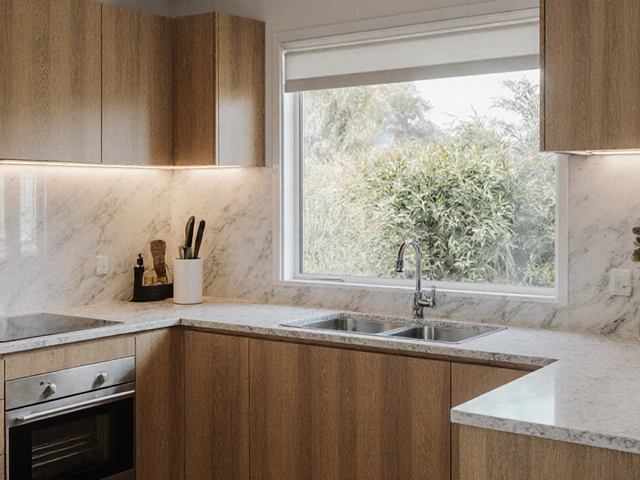Construction Projects: What You Need to Know Before Starting Your Build
When you start a construction project, a planned effort to build, renovate, or modify a structure. Also known as building work, it’s not just about hiring workers and buying materials—it’s about coordinating people, permits, timing, and money to turn an idea into something real. Whether you’re adding a bathroom, building a new house, or converting an old shop into offices, every construction project follows the same basic rules: it takes time, it costs more than you think, and it’s only as good as the planning behind it.
Not all construction projects are the same. A residential construction, building or renovating homes for personal use focuses on comfort, flow, and personal taste. You care about how the kitchen works for your family, where the fridge goes, or if the bathroom feels like a spa. On the other hand, commercial construction, building spaces for business use like offices, stores, or schools is all about function, safety, and code compliance. A school isn’t just a big house—it has different fire exits, lighting rules, and structural needs. Mixing up these types leads to mistakes, delays, and expensive fixes.
What you build also depends on what you’re working with. Older homes settle, foundations shift, and pipes hide behind walls you didn’t know existed. That’s why a renovation isn’t just a paint job—it’s a detective job. You might think you’re spending $30,000 on a kitchen, but if the floor’s uneven or the wiring’s outdated, that budget vanishes fast. Even something as simple as putting tiles on the floor requires knowing whether to do walls first or not. These aren’t just tips—they’re rules that save you thousands.
And then there’s the stuff you don’t see: the permits, the inspections, the materials. Not all wood is the same. Not all insulation works the same. LED lights cut your energy bill by 90%, but only if they’re installed right. And if you’re thinking about building from scratch, you need to know why new homes cost so much in 2025—it’s not just labor, it’s supply chains, zoning laws, and material shortages.
What you’ll find below isn’t a list of random articles. It’s a real-world guide built from actual projects—bathroom remodels under $10,000, kitchen budgets that work, why your fridge shouldn’t be next to the oven, and what really makes a house settle after 20 years. These aren’t theories. They’re lessons from people who’ve done it, messed up, and figured it out. Whether you’re planning a small fix or a full rebuild, this collection gives you the facts you need before you sign a contract or swing a hammer.
Understanding Commercial and Non-Commercial in Construction
Distinguishing between commercial and non-commercial construction can get tricky, as these terms describe distinct types of projects with unique requirements. In essence, commercial construction pertains to projects that are meant for business purposes, like malls and office buildings, whereas non-commercial projects cater to private or organizational needs, like schools or homes. This article unpacks both types, tips, and intriguing details to help demystify this often confusing topic.





